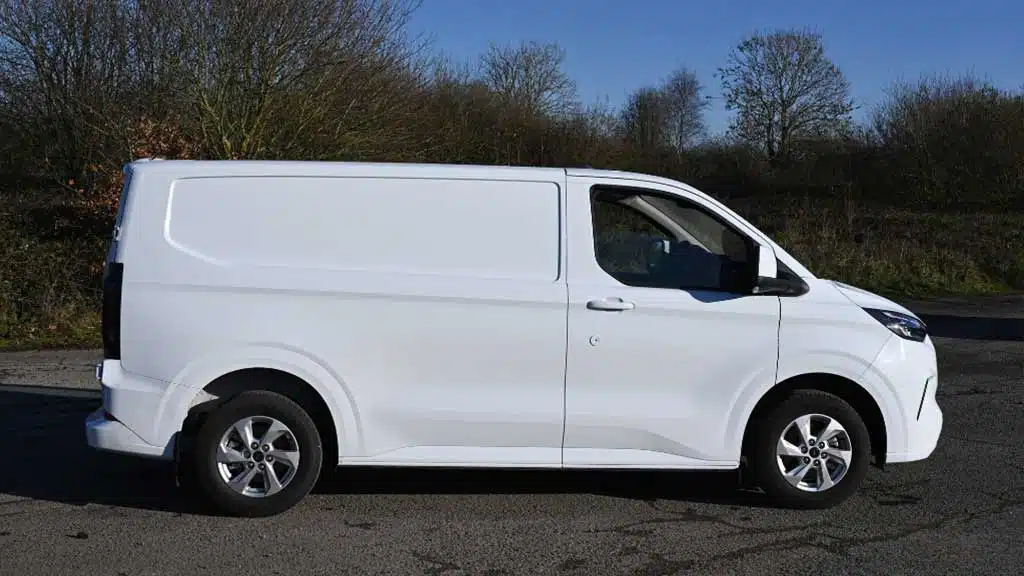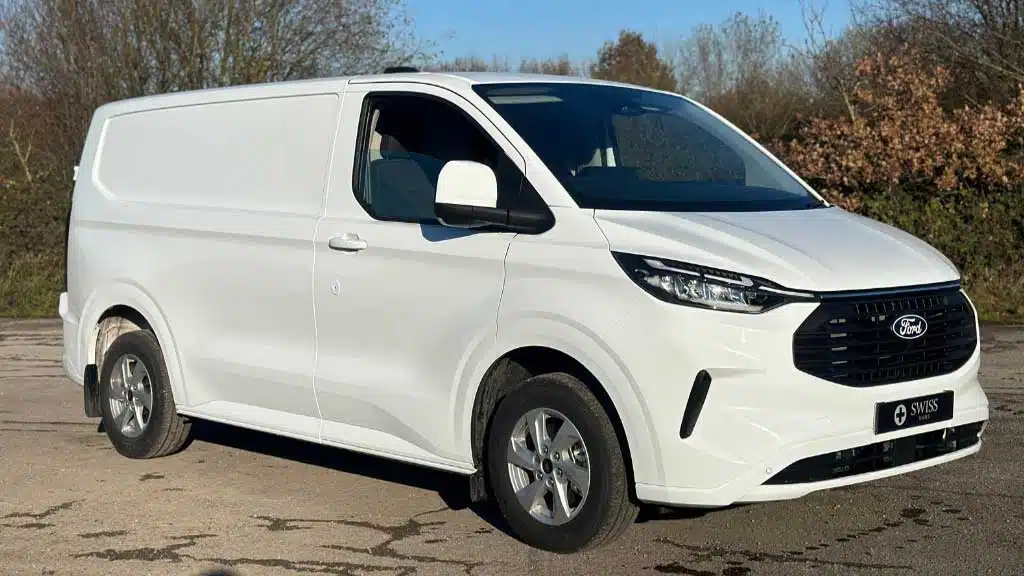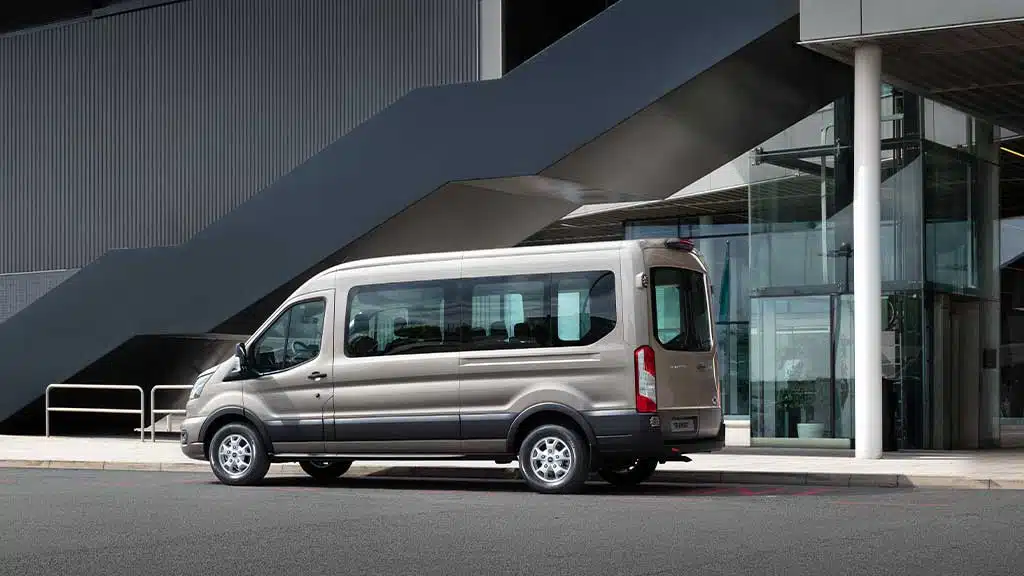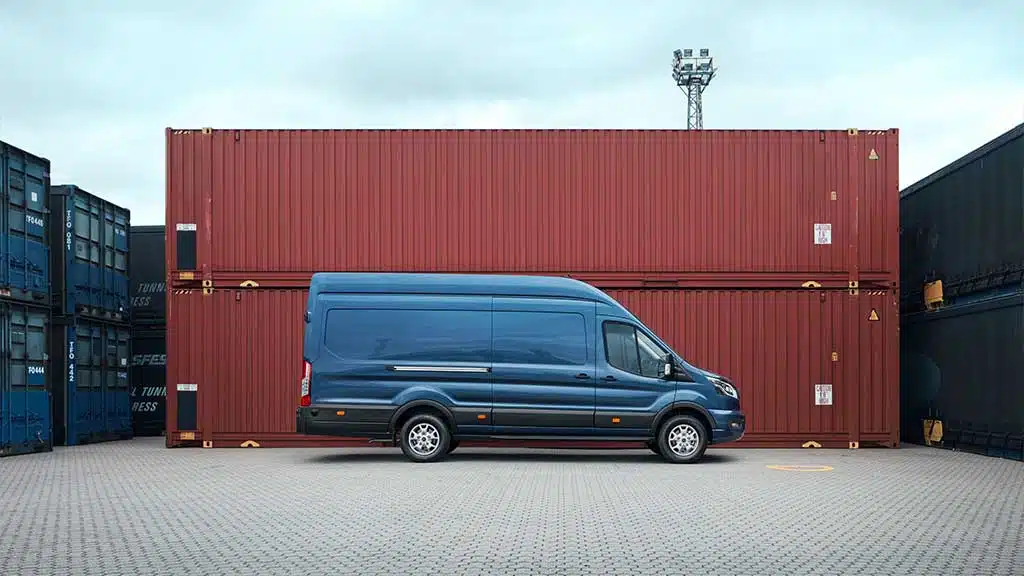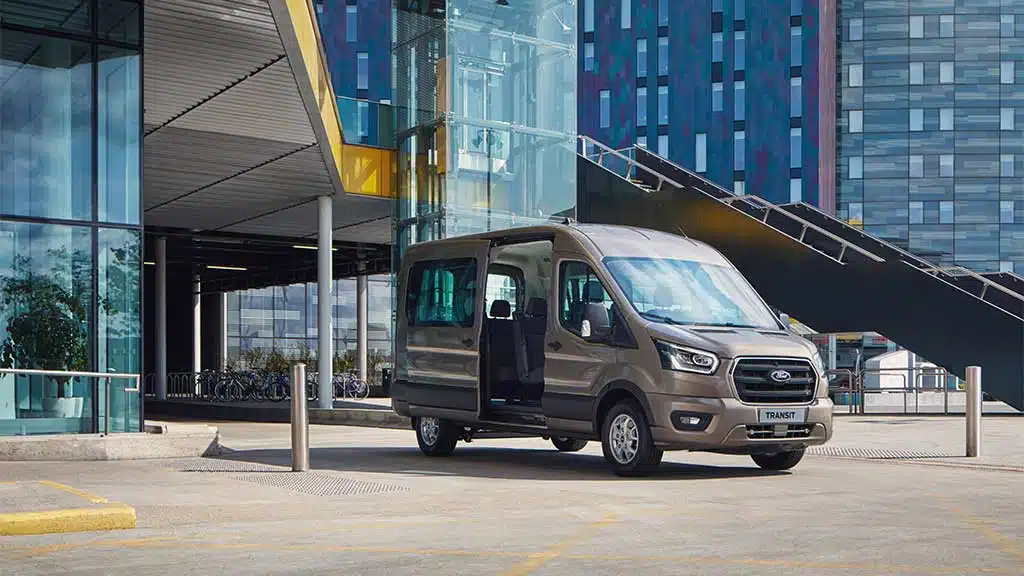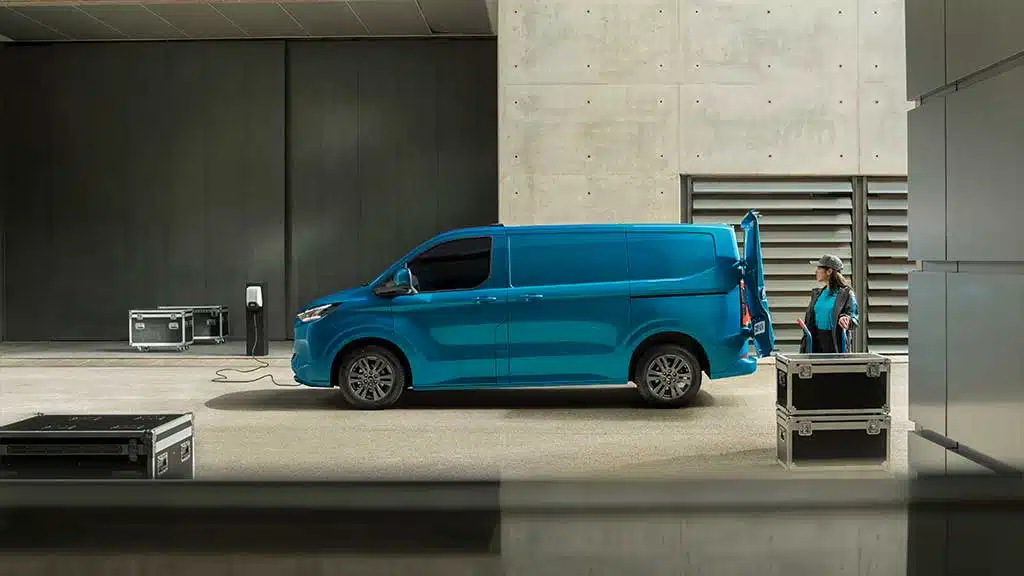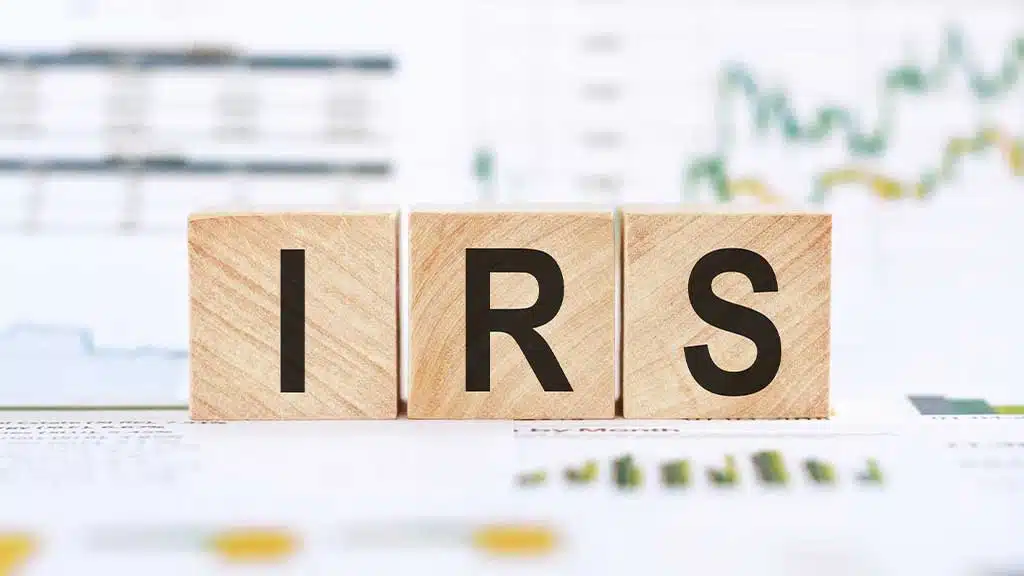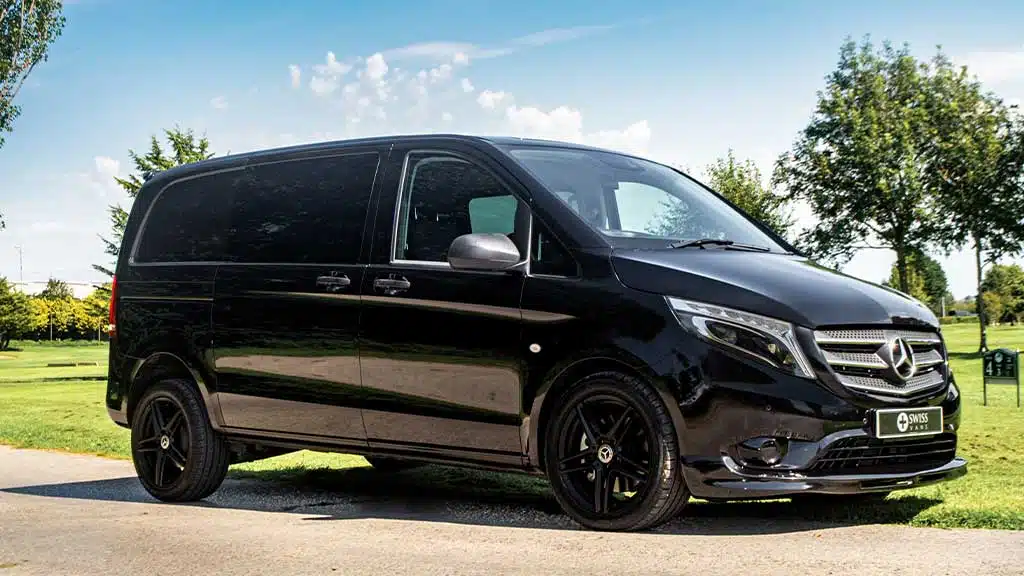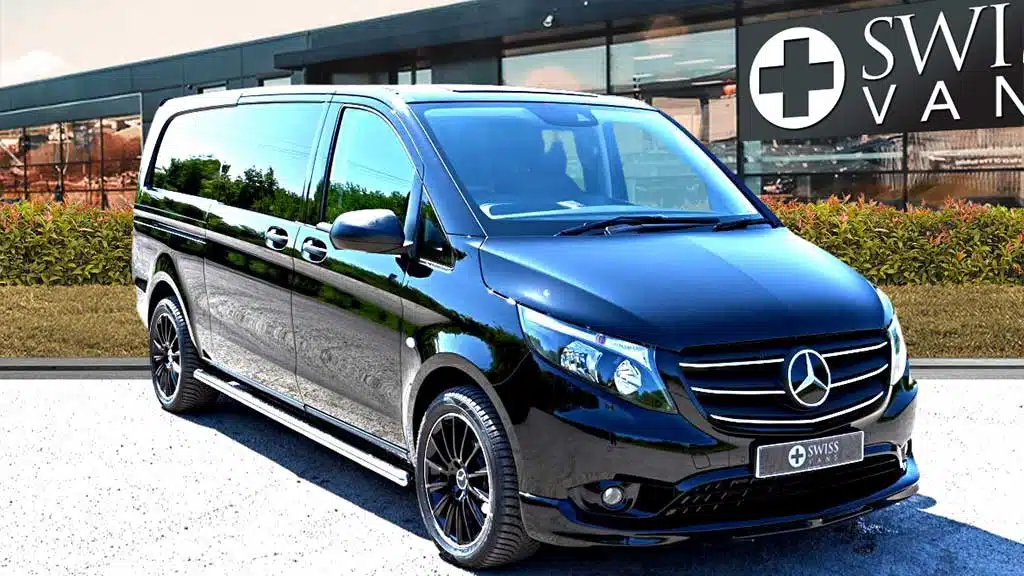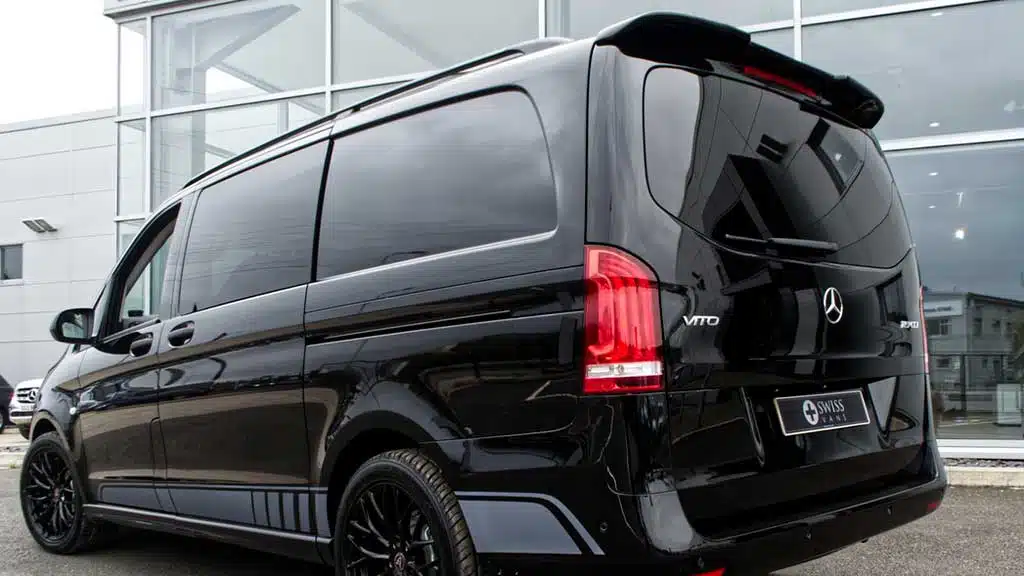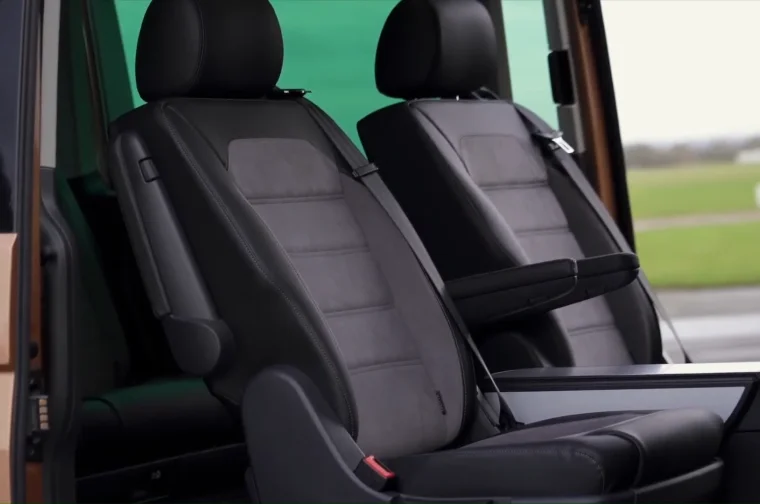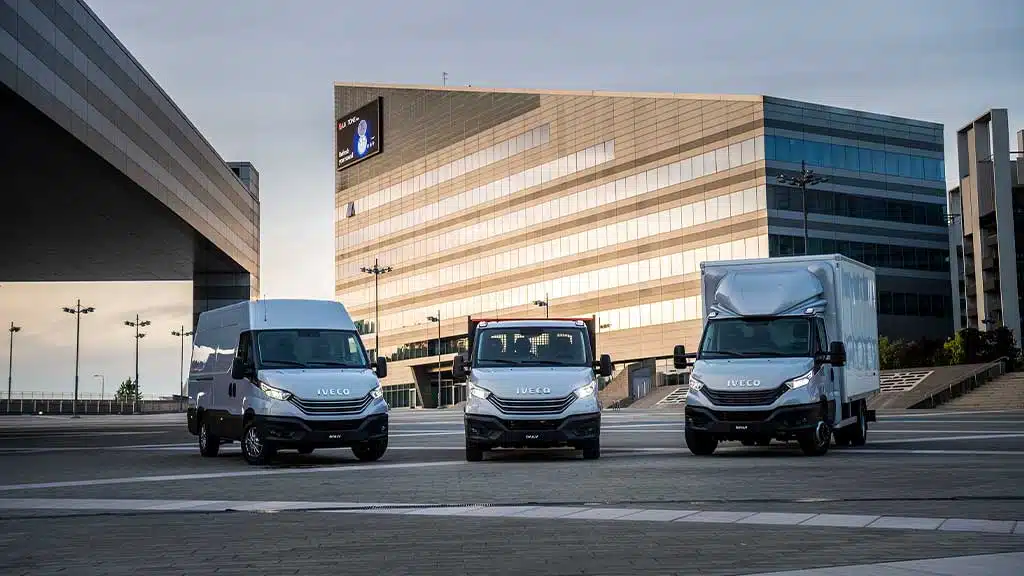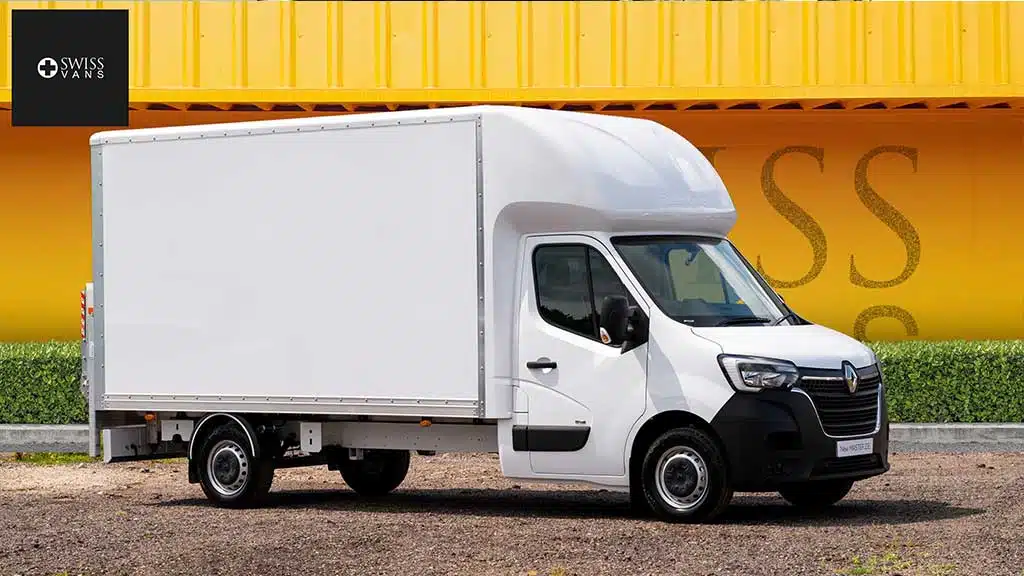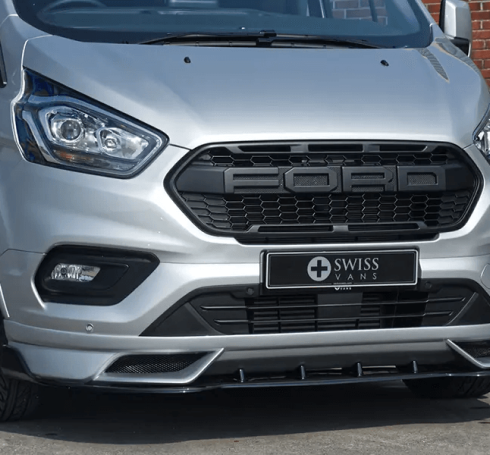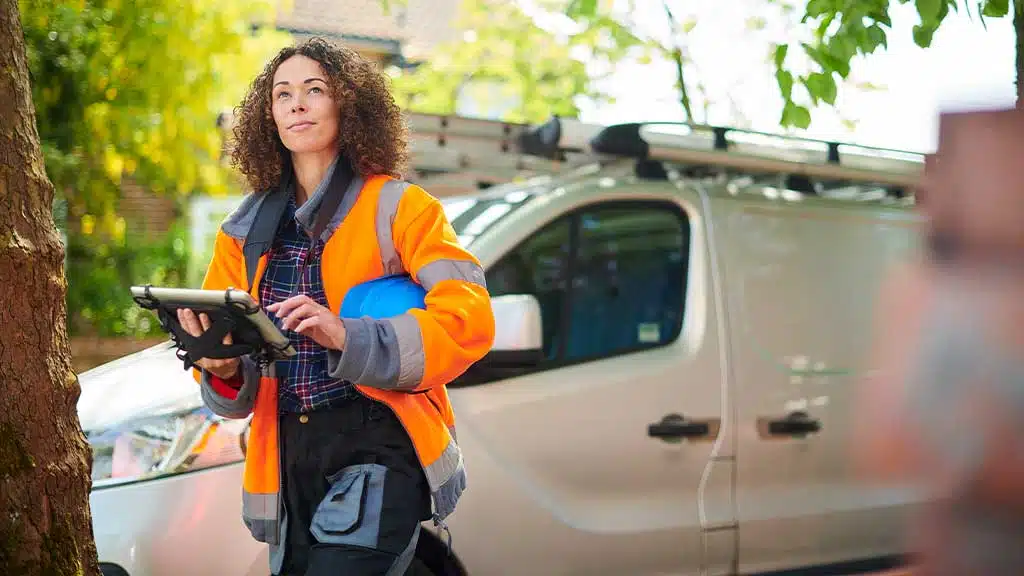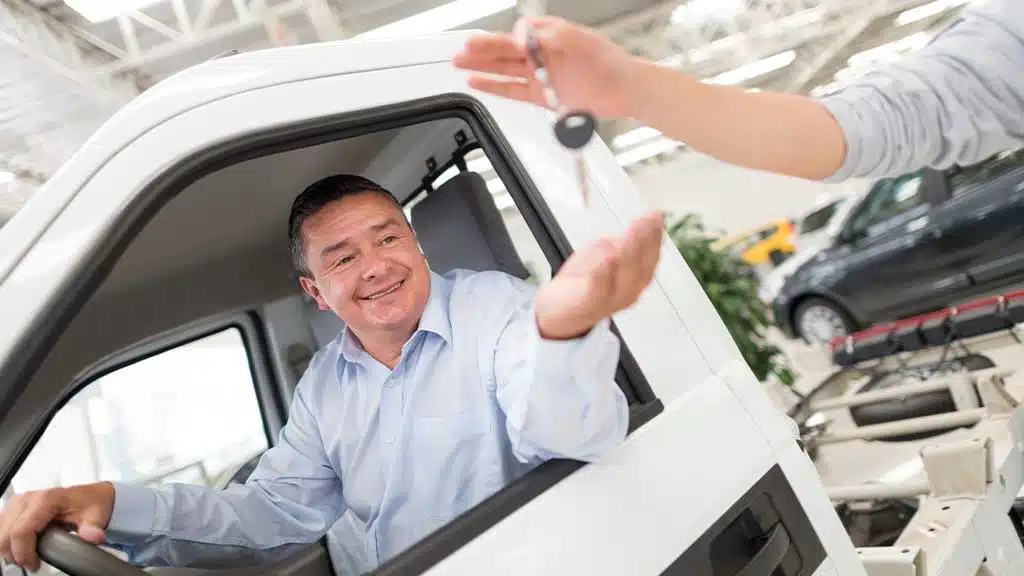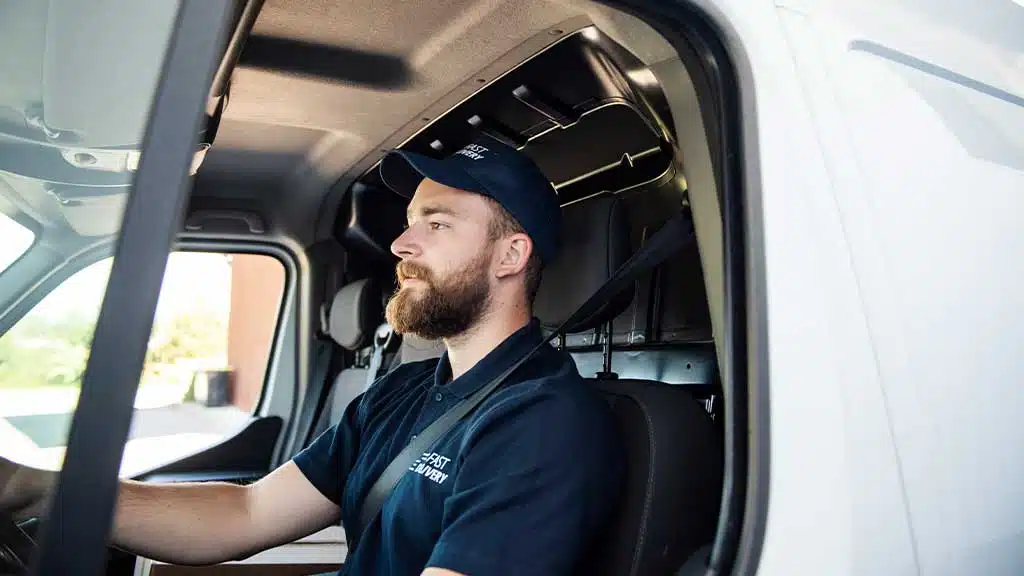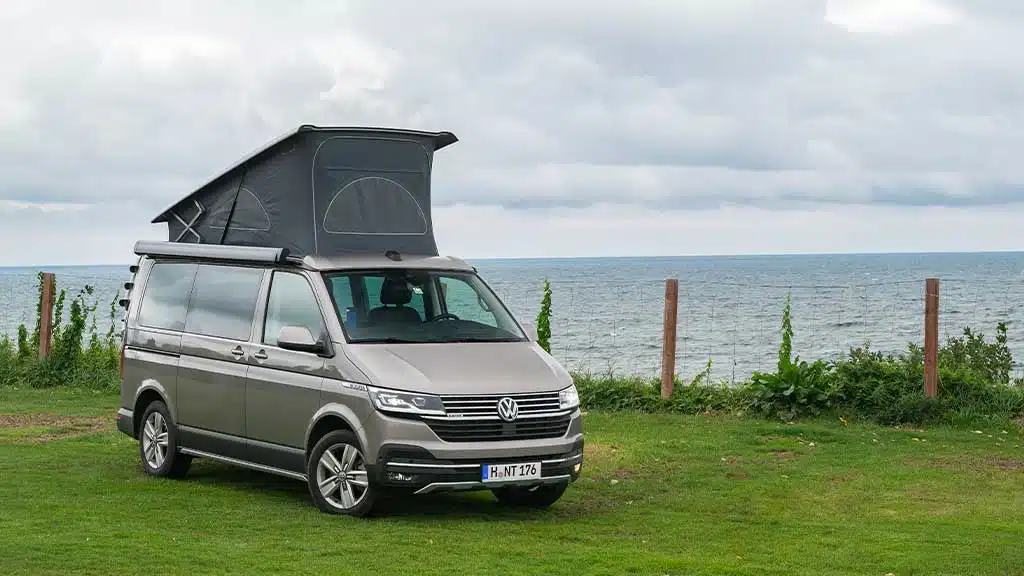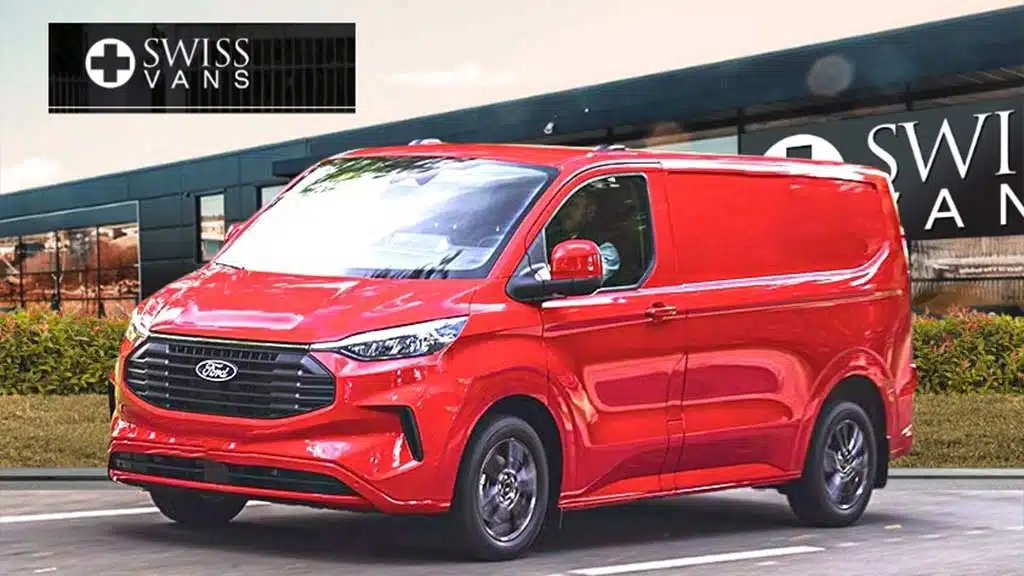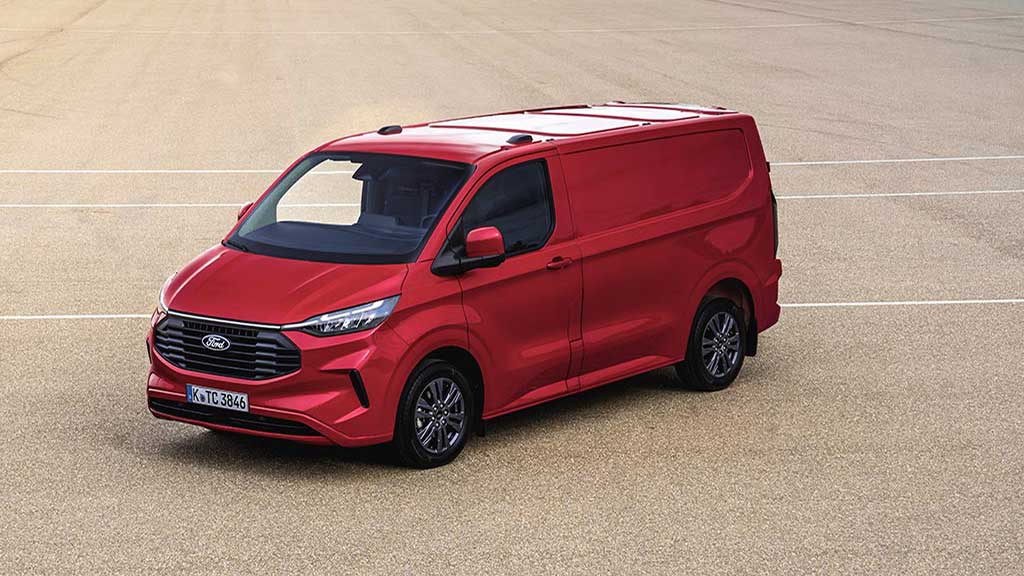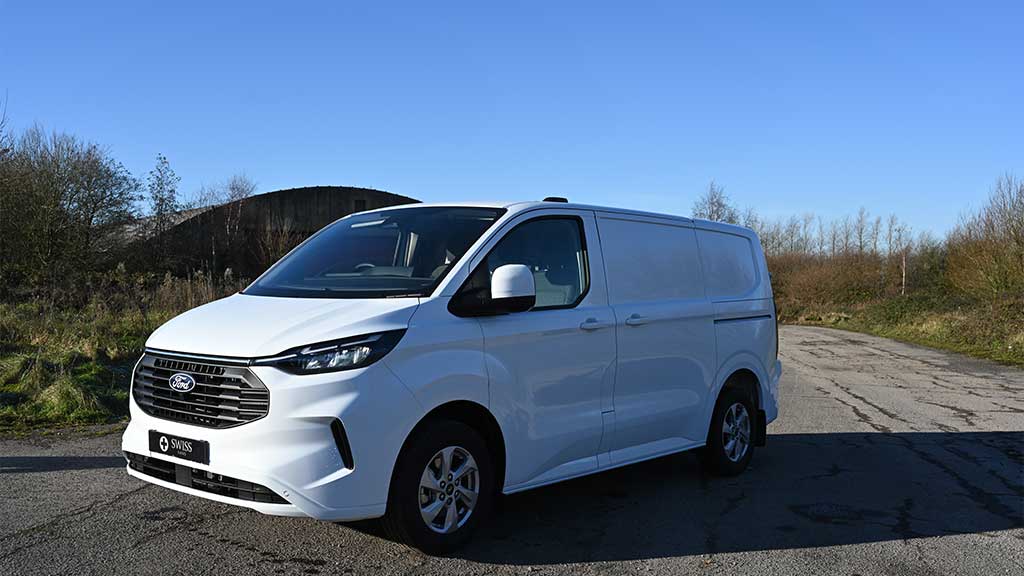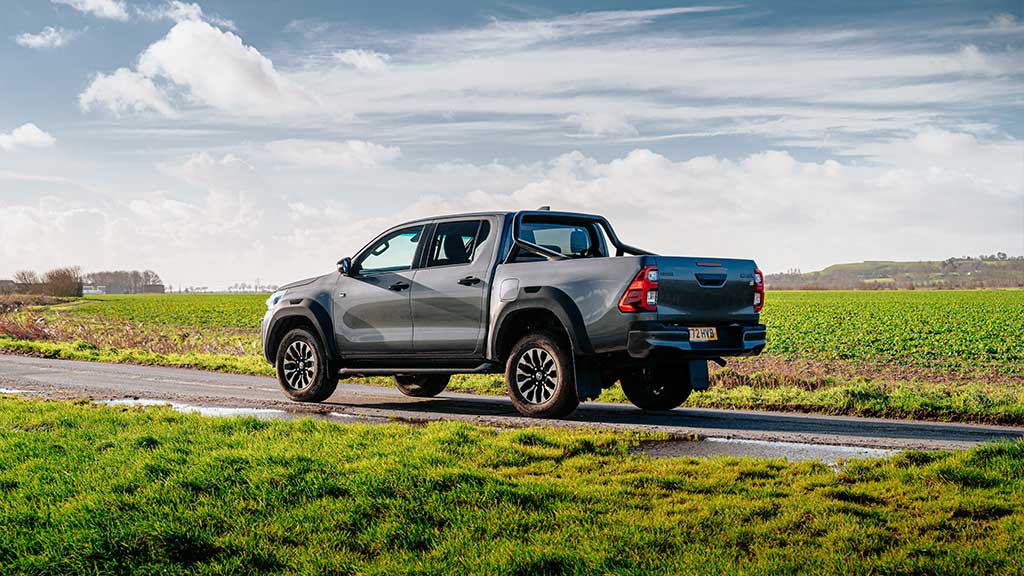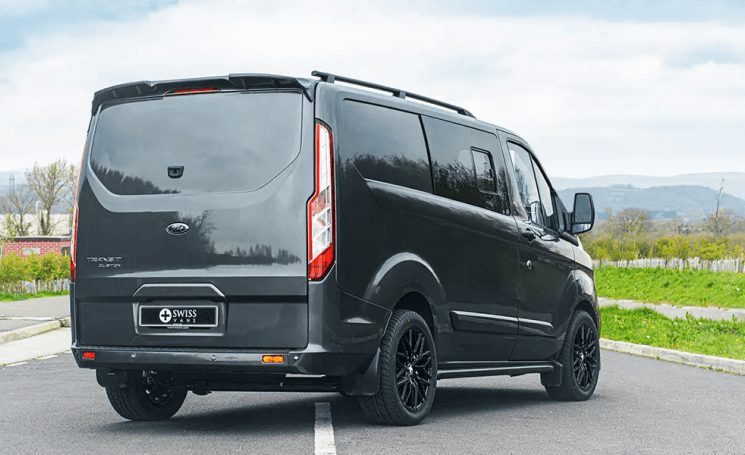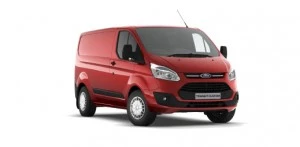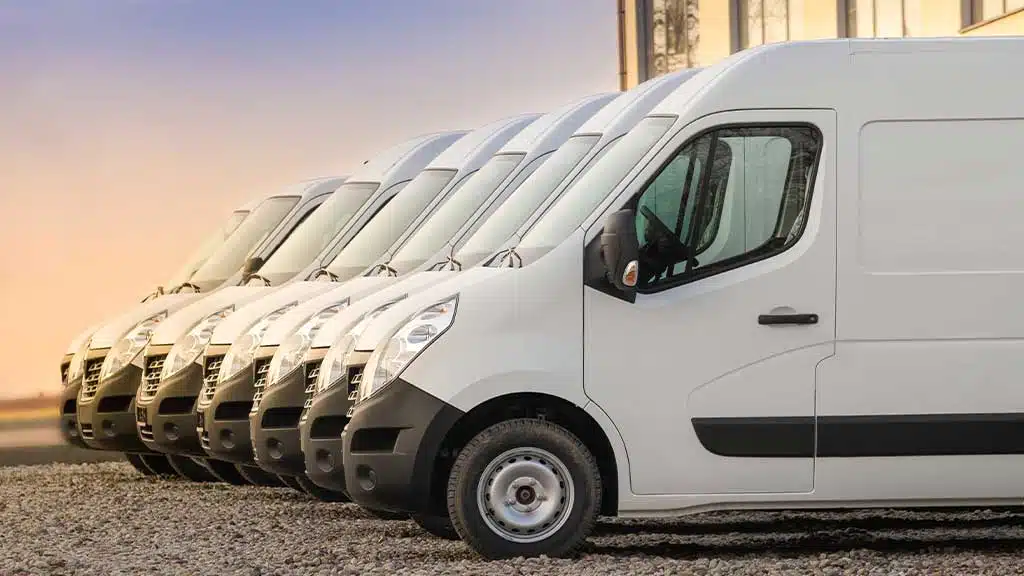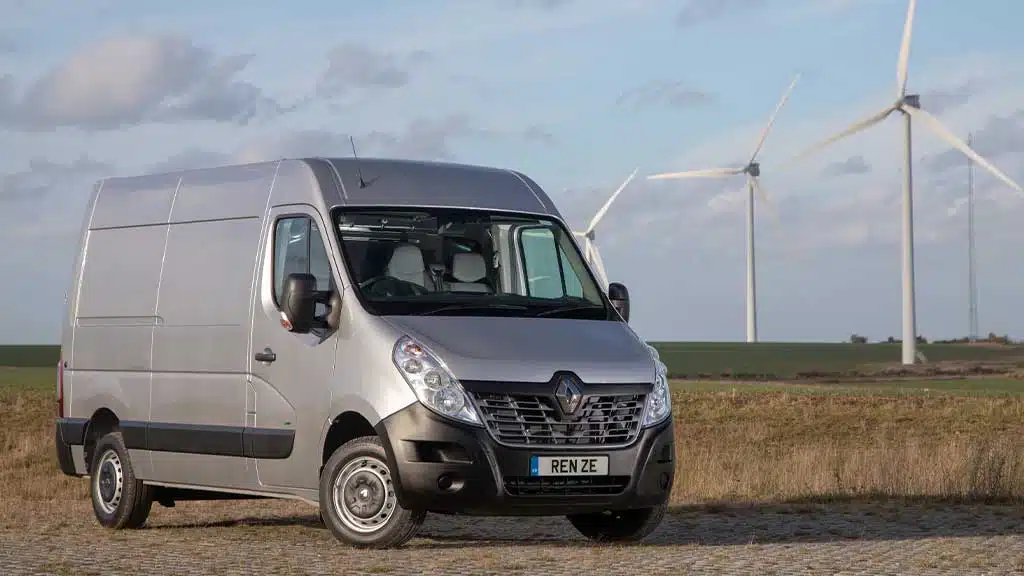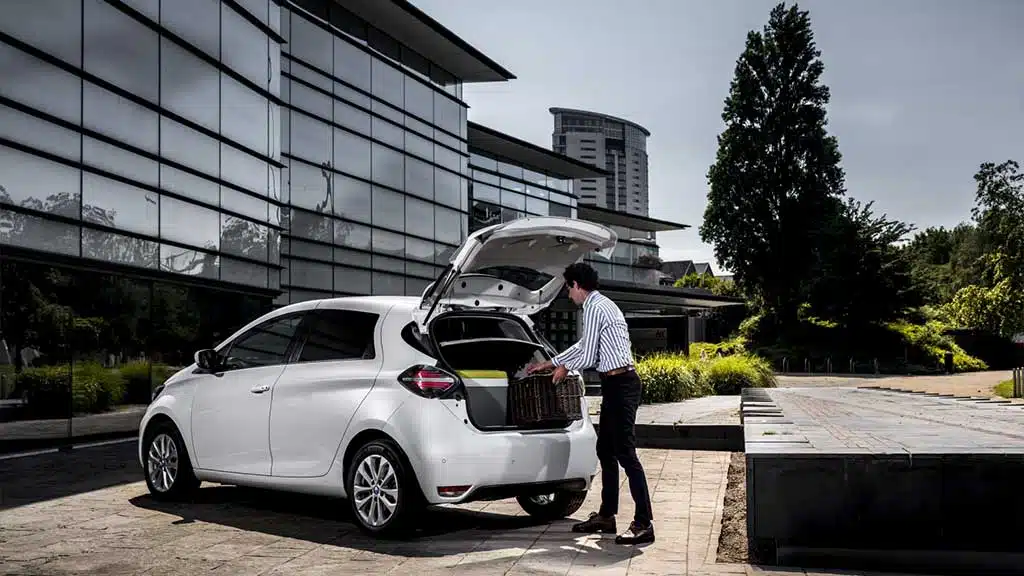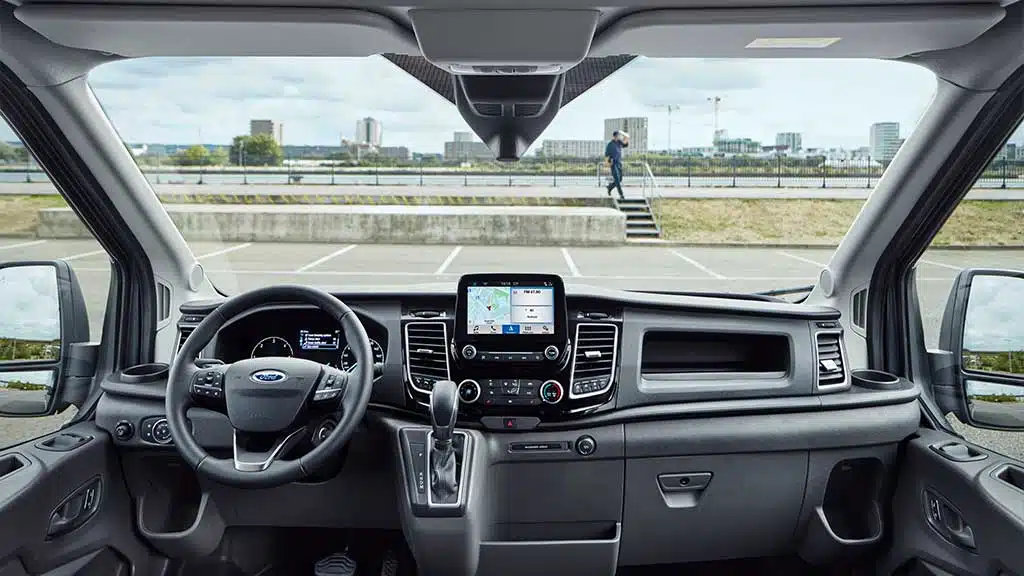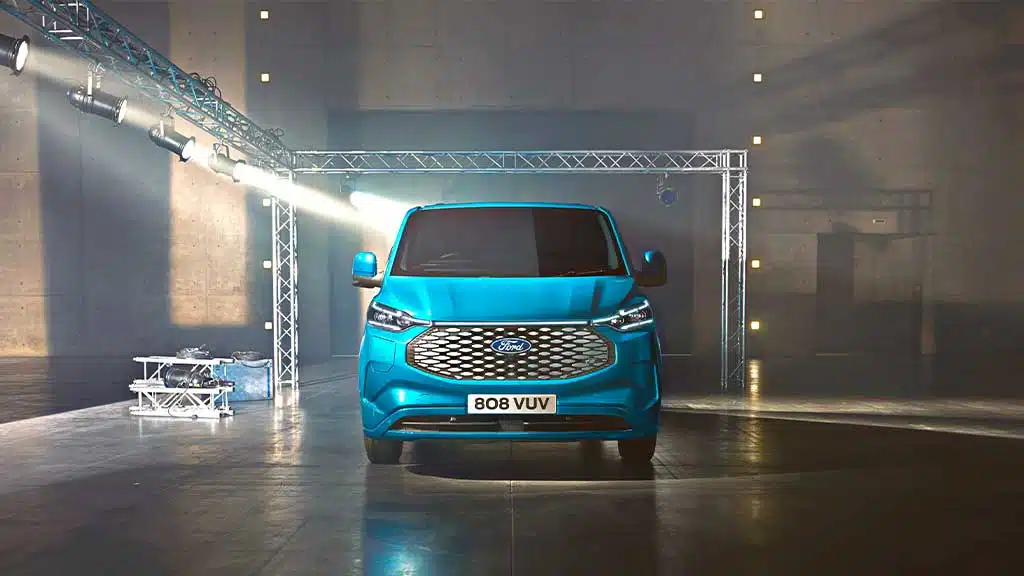With the popularity of van leasing, employers, fleet managers, sole traders, and small businesses are bugged by the question can you claim van lease payments on tax? Van leasing offers not only tax benefits but some other substantial benefits that can help fatten any business’ bottom line. The other concern to business owners is whether leasing a van presents more tax benefits than buying a van for the business. We shall hopefully address all these concerns by the end of this writing.
Benefits of Business Van Lease
Businesses enjoy huge VAT savings on monthly payments when they opt for a business van lease. Additionally, there are associated tax benefits that come from leasing the van instead of buying one for the business. The lease allows the business to free up cash flow that would have been channeled toward purchasing a van outright. There are also similar benefits for self-employed van lease tax deduction UK.
A proper understanding of the amount that goes into the company car each month can give the business owner peace of mind and take away the worry about business driving needs. Among the benefits associated with leasing the van include:
- No more vehicle costs on the business balance sheet making it possible for the business to channel important credit to other uses.
- Leased vans that are used solely for business purposes allow the business owner to claim 100% of the VAT on payments. If the van is used for personal journeys, then the claim is reduced to 50%.
- Eligibility to claim 100% of the VAT on additional mileage and maintenance costs.
- You can always switch vans and choose newer and more economical vans.
- It requires a small initial business investment that is favorable for any business, especially one that is just getting started.
- The business can enjoy discounts on bulk purchases since they can ferry goods with their van.
Can You Claim Van Lease Payments on Tax?
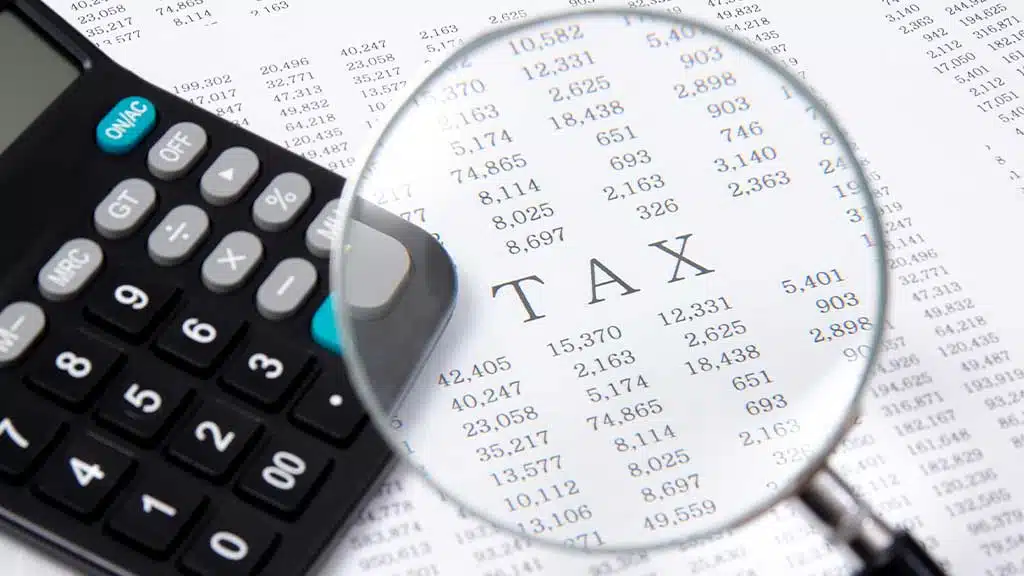
A finance lease allows businesses to hire a van or fleet of vans for business purposes. It allows business owners to enjoy flexible repayments, choose an initial deposit amount, and choose a preferable repayment period. This arrangement means the financier owns the van and the leasing firm just hired it for use for the specified period.
The end of leasing agreements means the business that hired the van can sell the van to a third party while retaining 95% of the rental proceeds, settle a one-off secondary rental to continue using the vans for another 12 months, or exchange the vans and use their equity as a deposit on their next van lease. These arrangements are however dependent on the financing firm.
As for leases treated for income tax purposes some of the tax benefits associated with these leases include:
Car Lease Payments are Tax Deductible
A limited company that has leased a van can use its monthly payments to offset corporation tax. A partnership of a sole trader can use the lease costs to offset their annual tax bill. Nonetheless, it is worth mentioning that the amount to be offset is dependent on the type of vehicle that has been leased. Cars that emit less than 110g/km are eligible for a 100% tax deduction. There is a 100% deduction as tax advantages of leasing a van for your business.
As for cars that emit more than 111g/km, they still qualify for tax deduction even though for up to 85% of the car value. That, therefore, means vehicles with higher CO2 emissions are disadvantaged in terms of these tax benefits.
On the downside, businesses cannot claim a capital allowance for leased cars since they have not purchased these cars outright.
VAT Claims
A business that is VAT registered can claim lease payments on tax since they are eligible to claim back VAT for their payments. If the van is solely used for business operations, then they are allowed to claim 100% VAT. However, if the car is used for both business and personal purposes, they can only claim up to 50% back for VAT.
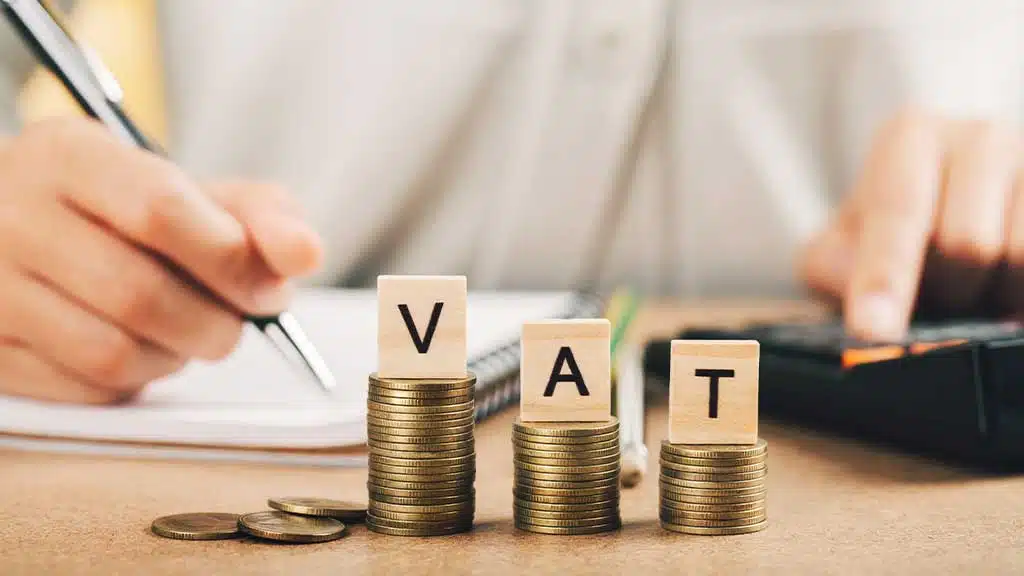
There are also other tax benefits referred to as service charges for businesses that have leased cars or vans. Examples of these include maintenance costs and excess mileage charges. The business can claim 100% VAT back on these charges and offset 100% of these costs against their annual tax obligation.
Car Loan Interest
Business owners and sole proprietors are eligible for a deduction of the interest on leased vans from their taxes. They need to keep a clear record of their business trips, car loan payments, and odometer reading to find out the interest amount paid.
The car loan interest can only be included in taxes if the business owner has chosen to treat it as an actual expense deduction. Businesses that use standard mileage deductions cannot deduct the interest they have paid toward their van lease.
Benefit-in-kind Tax exemption
Leased vans that are used for private journeys are required to pay BIK tax. However, vans that are used exclusively for business or pool vans are exempted from paying BIK tax. Additionally, vans that are used for private journeys deemed as “insignificant” are exempted from paying BIK tax. These are primarily one-off trips such as picking up a newspaper on your way to work.
Nevertheless, when vans are used for regular school runs, taking children to football practice, weekend shopping, and others are subjected to BIK tax for van. The company is supposed to notify the taxman regarding private uses of the company van. Consequently, proper records of mileage should be maintained by the employee and the employer to serve as proof of when the van was used and the related costs for private use.
Purchasing and Leasing the Van Compared
It might interest you to check out if buying the van outright or leasing it is good for your business or not. Truth be told, leasing a car is better for taxes but buying it outright also has its share of benefits.

The up-front costs that are incurred when leasing a van that is of the same year, make, or model tend to be higher when compared to the cost of buying it. Therefore, businesses that are just starting will opt to lease and the savings channeled to other business needs or investments. This is a feasible option, especially for businesses that are certain to adhere to the lease terms.
Another huge cost-saver for leased vans involves a reduction in maintenance costs since some leases can cater to some routine services.
On the flipside, owning the van will mean the business is better placed since they own it and that means future travel and transport needs are catered for. The business is also not subjected to early termination expenses and excess mileage charges in case they exceed the agreed mileage limits.
A lease car is also supposed to be well-maintained and excessive wear and tear attracts additional leased vehicle inclusion amount. It is also worth mentioning that a continued lease of one van after another has its cost implications as you are forced to incur monthly payments.
Purchased vans qualify for depreciation deduction when the actual expense deduction is applied. Even though depreciation deduction varies every year, a business that has purchased its van or car can still enjoy a huge save from the claim.
Another tax referred to as Company Van Tax applies to those that use a company van for their personal use. The tax is also termed Van Benefit Charge. This tax is paid only by those that use the van for personal use and that means any other use that is not work-related like work commute.
The Van Benefit Charge is however lower for companies that use electric vans. The charge is charged at a reduced rate.
Both leasing and buying the van have their cost implications and thus a business must evaluate its need and capital capability when deciding between the two.
How to write off Van Lease
Two methods are applied when you want to write off a cargo van for business. These have been categorized into:
- The standard mileage rate-this method entails the use of the mileage rate that acts as a guide for determining the overall cost of operating the van. This mileage rate is released annually by the taxman.
- Actual expenses-this refer to the actual van expenses. A percentage of the actual business portion percentage is multiplied by the paid van expenses. These expenses include insurance, the car lease, repairs, fuel, and oil changes.
Conclusion
Leasing a van for a business makes it possible to improve productivity and drive the right public image while boosting cash flow. If you are concerned if you can you claim van lease payments on tax then this is another benefit associated with leasing a van for your business. It is however important for the business to review its vehicle requirements before they decide to lease or buy a van for the business. Each of these options has its cost implications, benefits, and drawbacks.



